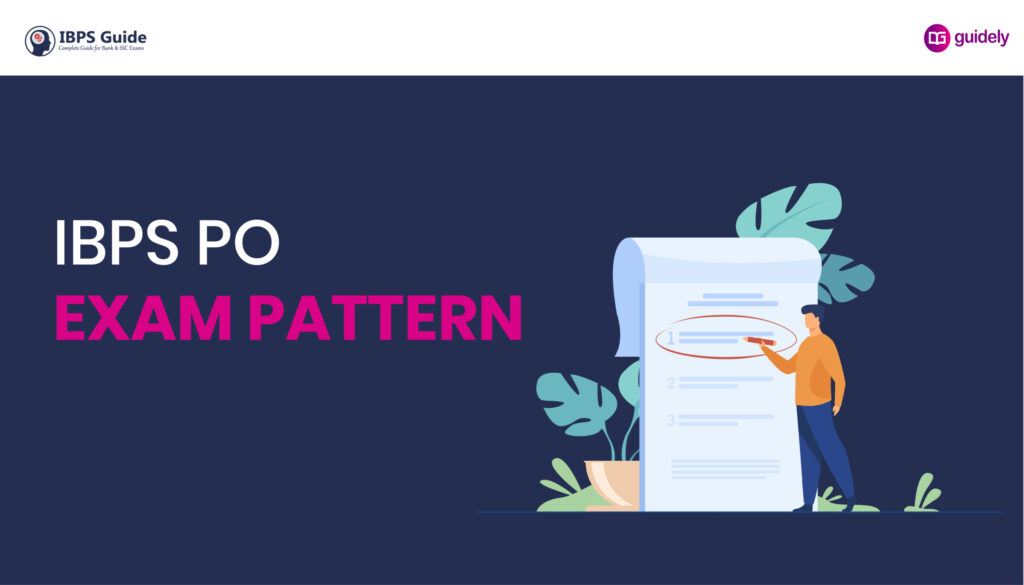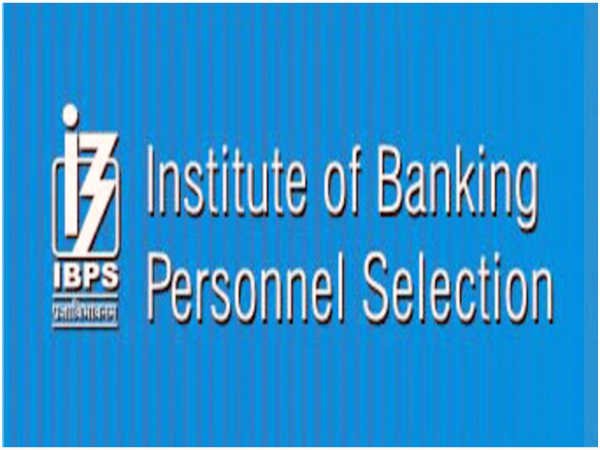
Introduction:
The Institute of Banking Personnel Selection (IBPS) Probationary Officer (PO) exam is a prestigious examination conducted in three stages: Preliminary Examination, Main Examination, and Interview. Each stage evaluates different aspects of a candidate’s skills and knowledge, ranging from core subjects like English, Quantitative Aptitude, and Reasoning Ability to specialized areas such as Data Analysis, Banking Awareness, and Computer Aptitude. Success in these stages ensures eligibility for lucrative banking positions, making thorough preparation and understanding of the syllabus imperative for aspirants.
Exam Overview
The IBPS PO exam is conducted in three stages: Preliminary Examination, Main Examination, and Interview. Candidates must clear each stage to progress to the next.
Preliminary Examination
The Preliminary Examination is the first stage of the IBPS PO exam. It consists of three sections: English Language, Quantitative Aptitude, and Reasoning Ability. The duration of the exam is one hour, with a total of 100 questions carrying one mark each. It is important to note that the Preliminary Examination is only qualifying in nature, and the marks obtained in this stage are not considered for the final selection
.
Main Examination
The Main Examination is the second stage of the IBPS PO exam. It comprises four sections: English Language, Data Analysis and Interpretation, Reasoning and Computer Aptitude, and General/Economy/Banking Awareness. The duration of the exam is three hours, with a total of 155 questions carrying different marks. The Main Examination marks, along with the marks obtained in the Interview stage, are considered for the final selection.
Interview
The Interview is the final stage of the IBPS PO exam. Candidates who qualify in the Main Examination are shortlisted for the Interview process. The Interview is conducted to assess the candidate’s personality, communication skills, and suitability for the banking sector. The interview panel consists of bank officials and experienced professionals.
SYLLABUS
Given the overview of the IBPS PO exam and the syllabus for each section, let’s delve into a more detailed description of each topic within the syllabus:
English Language
Reading Comprehension:
Involves reading passages and answering questions related to the passage. Questions may focus on main ideas, details, inferences, vocabulary in context, and the author’s tone or attitude.
Cloze Test:
A passage with blanks is provided, and candidates must fill in the blanks with appropriate words from the given options to complete the passage logically and coherently.
Error Spotting:
Sentences are given, each containing a grammatical error. The task is to identify and correct these errors.
Para Jumbles:
Sentences of a paragraph are jumbled, and the candidate must rearrange them in the correct order to form a coherent paragraph.
Fill in the Blanks:
Requires filling in blanks within sentences with appropriate words to complete them correctly.
Sentence Improvement:
Sentences are given with a part underlined or highlighted. Candidates must improve the highlighted section by selecting the best alternative from the given options.
Quantitative Aptitude
Number Series:
Identifying patterns and completing series of numbers.
Simplification/Approximation:
Simplifying complex numerical expressions or finding approximate values to speed up calculations.
Data Interpretation:
Interpreting data from graphs, charts, and tables to solve related problems.
Quadratic Equations:
Solving quadratic equations and finding values of variables.
Percentage:
Calculating percentages, percentage changes, and percentage-related problems.
Ratio and Proportion:
Problems involving ratios, proportions, and their applications.
Profit and Loss:
Calculating profit, loss, discount, and related financial computations.
Time and Work:
Problems related to work efficiency, work and time relationship.
Time, Speed, and Distance
: Solving problems related to the relationship between time, speed, and distance including trains, boats, etc.
Reasoning Ability
Seating Arrangement:
Linear, circular, square table arrangements involving single or multiple variables.
Syllogism:
Deductive reasoning problems where conclusions are drawn from given statements.
Blood Relations:
Problems based on family trees and relationships.
Coding-Decoding:
Deciphering codes based on certain rules.
Inequality:
Determining relationships between elements through given inequalities.
Puzzle:
Various types of puzzles including scheduling, floor based, etc.
Input-Output:
Problems involving a sequence of operations on input to achieve a specific output.
Order and Ranking:
Problems involving the arrangement and ranking of objects or persons.
Data Analysis and Interpretation
Tabular Graph:
Data presented in tables to be analyzed.
Line Graph:
Understanding trends and making comparisons from data presented in line graphs.
Pie Chart:
Analyzing data distribution from pie charts.
Bar Graph:
Comparing quantities across categories using bar charts.
Radar Graph:
Comparing multiple variables or categories displayed on a spider or radar chart.
Caselet:
Data given in paragraph form that needs to be interpreted and analyzed.
Data Sufficiency:
Determining if the data provided is sufficient to answer the question.
General/Economy/Banking Awareness
Current Affairs:
Knowledge of significant national and international events.
Banking and Financial Awareness:
Understanding of banking terms, operations, financial markets, and instruments.
Static General Knowledge
: Facts about important persons, places, and institutions that don’t change over time.
Banking Terminology:
Terms and concepts commonly used in the banking sector.
Computer Aptitude
Computer Fundamentals:
Basics of computers, their operation, and history
.
Internet:
Understanding of the Internet, its services, and protocols.
MS Office:
Proficiency in Microsoft Office applications like Word, Excel, and PowerPoint.
Networking:
Basics of computer networks, types, and protocols.
Computer Abbreviations:
Common abbreviations used in the field of computing.
Conclusion:
In conclusion, the IBPS PO exam is a comprehensive assessment of a candidate’s abilities, encompassing various domains crucial for success in the banking sector. A thorough understanding of the detailed syllabus provided for each section is essential for effective preparation. By mastering the topics outlined and undergoing rigorous practice, candidates can enhance their chances of clearing each stage of the examination and ultimately realizing their aspirations of a rewarding career in banking.

For the Syllabus; CLICK HERE